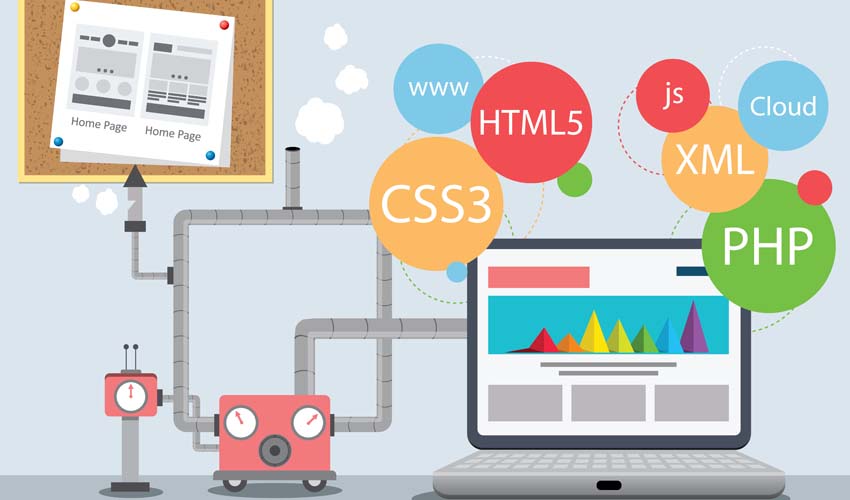Mostly designers or website developers have many questions in mind about the web development in 2017. In this year, the all-inclusive web has become an essential part of life for many. Almost all people use it for practically everything including banking, shopping, reading news, and much more. The claim for web development is increasing as compared to previous years. Its means, the scope of web developers and designers can do is limitless. So that’s why here are the 8 latest web development technologies that will be big in 2017.
8 Latest Web Development Technologies You Should Know About Them
1- Internet of Things (IoT)

IoT has been taken web site development. According to the report of Technavio, its expected growth rate between 2015 and 2019 is 31.72%. Ecommerce website design is also most useful for this Internet of Things. It allows for the exchange of data in a manner that was never possible before by linking smart objects to the worldwide web. Website developers will arise with solutions that are upgraded. They will permit users to control as well as communicate with their day-to-day gadgets and equipment.
2- Material Design
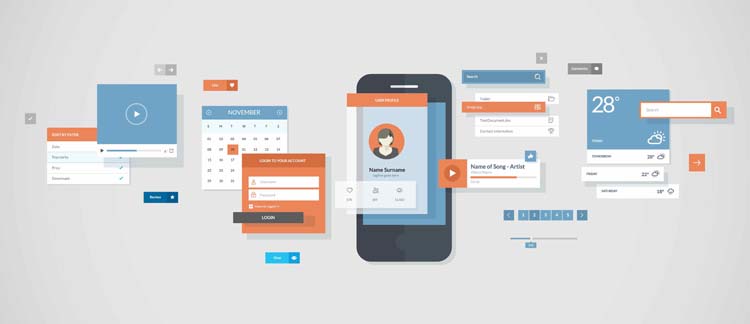
It is intangible design idea by Google that outlines how an app should perform and appearance on wireless devices. It deconstructs all things from style and animation to layouts. Moreover, the material design gives guidance on patterns, usability, and components. When it comes to the development of webs, it has become a prominent visual philosophy that will originate in handy for creators in the coming year.
3- Static Website Generators

Static Website Generators produce websites from the unadorned text that are deposited in files rather than folders. It allows for adventures such as handling of traffic surges, ease of development, security including speed arises. The major fault of this is that they don’t have room for people content like comments that have become a must in nowadays.
4- One Page Websites
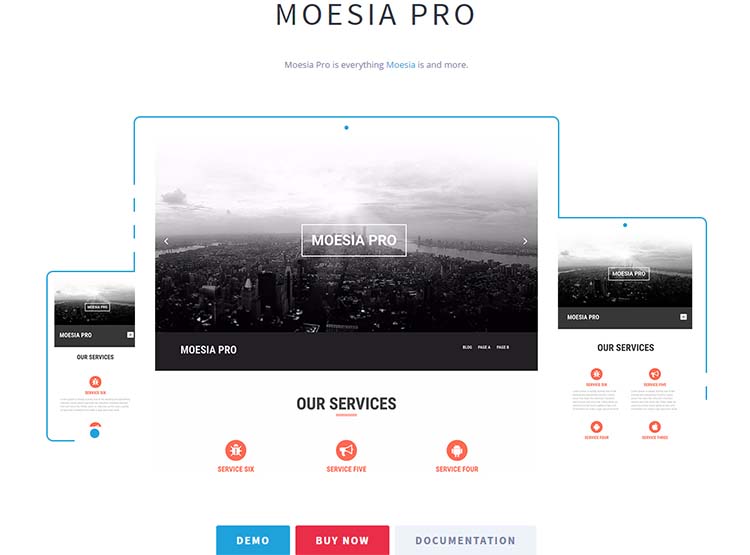
Presently websites have more than one page and tabs which create confusion for users. Several companies like and preferred one-page website as they look great on handheld devices like smartphones and tablets. Some web development companies use one-page design to develop sites for single services. The major thing here is improving SEO as these companies have only on title tag and Meta description.
5- Yarn Package Manager
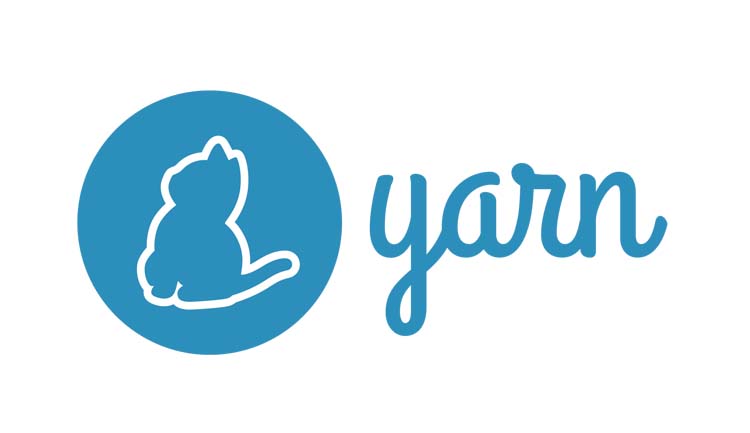
The package manager is the very popular tool and mostly use in JavaScript communities. They make it so comfortable and easy to configure, update, install, and uninstall code modules within applications. This is realized through management and statement of various dependencies of code modules. NPM and Bower are the most famous JavaScript package managers. The yarn is also a new package manager that developed by Facebook in collaboration with Google, exponents, and Tilde.
6- Angular 2 and Beyond

In this year, Angular 2 release and have plenty of changings. Such comprise Google’s JavaScript outline that redesigned entirely. The new version of Angular takes benefit of the structures if JavaScript ES6 and the requests written in TypeScript that allows for a more elements are driven art.
7- Open Cart for E-Commerce Websites
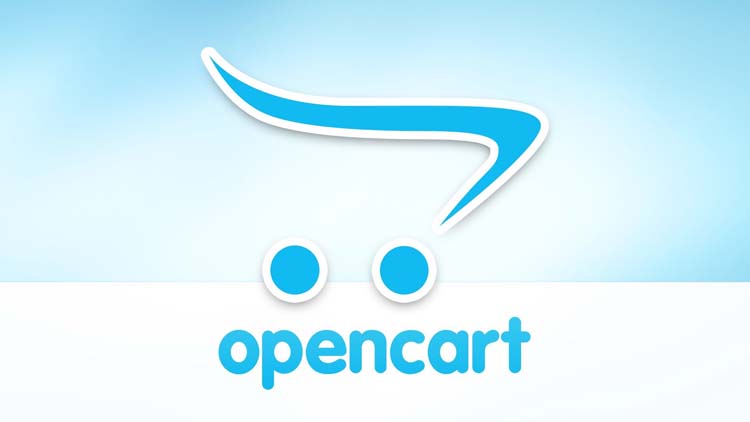
E-commerce website design has immensely changed and how people shop. Every year brings design developments that make the shopping practice more seamless. New platforms will replace by Open Cart in this year as many companies will use it as part of their mark strategies.
8- Virtual Reality

Virtual reality is the primary problem for the developers. It is incredibly most famous, especially in the gaming industry. Oculus Rift and Vive may have brought new possibilities to the game world. Google and Mozilla websites are already working on APIs that will help virtual reality transition smoothly to the web.

